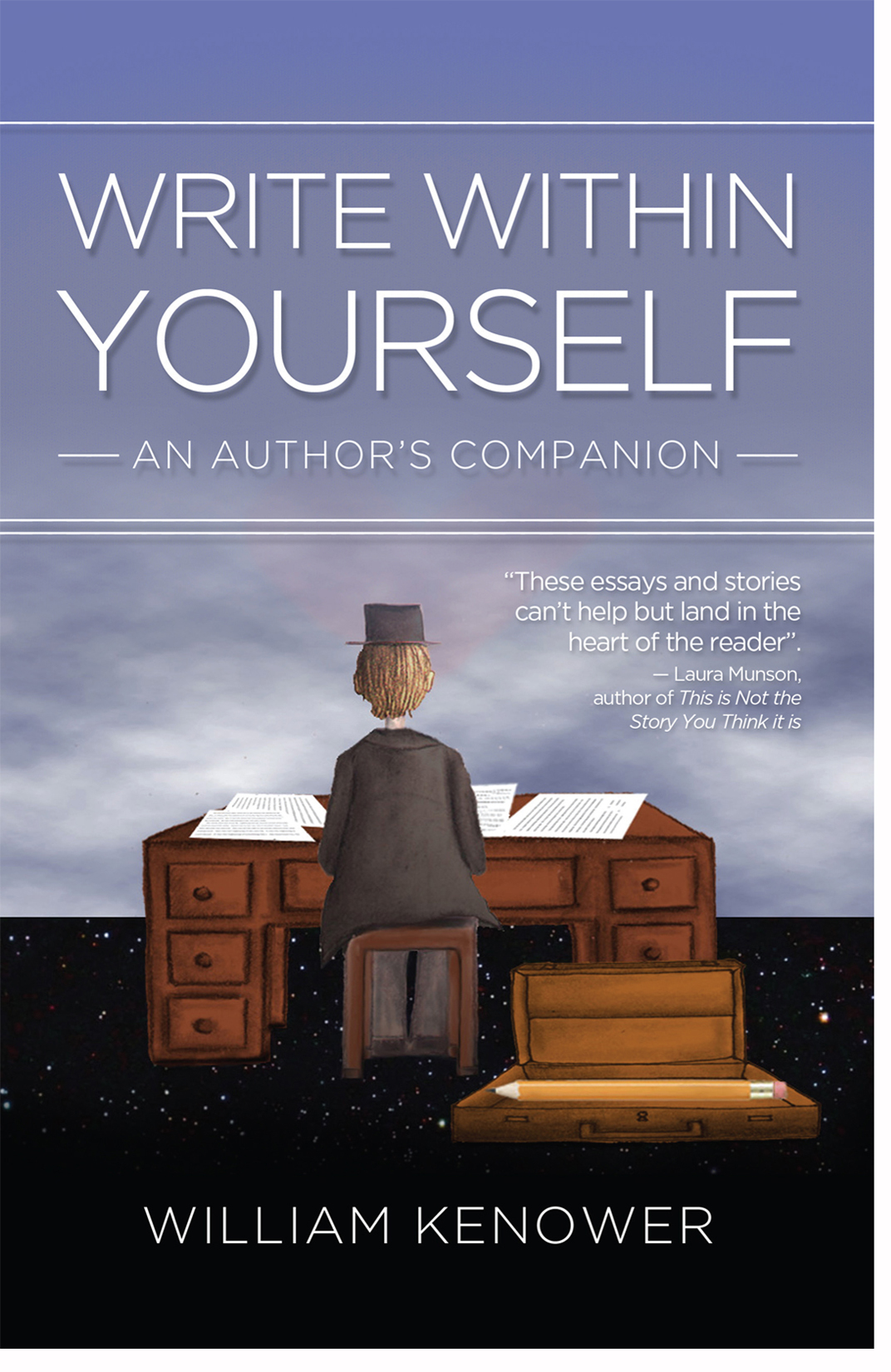Experience: The True Source of Originality
When my younger brother was eight he arrived home after a day out with my mother and announced that he was changing his name from Tommy to John. I didn’t like it. He was born John Thomas Kenower, but he’d been assigned Tommy to limit confusion because my father was also a John. This seemed practical to me, and besides, you don’t just get to change your name like a shirt. Apparently, I was wrong about that. He’s been John ever since. A couple years after John pulled it off, I tried this trick myself. I was named after my grandfather, William Douglas Bryant, but he’d gone by Doug. I liked Doug (that’s we called him, not Grandpa but Doug, because that’s what my mom called him instead of Dad), and so I told my best friend Palmer I was thinking of changing my name. Except the very next day, during a Little League game when I was moving from the on-deck circle to the batter’s box, Palmer called out, “Crush it, Doug,” and I thought, “I am not a Doug.” I have not been a Doug ever since.
I think of these name changes sometimes when I’m having trouble describing something. Everything my imagination gives me is a cliché or something I’ve written before. If this goes on long enough, I consider the possibility that I’ve been at this writing game so long that I have run out of new things to say about falling in love or curiosity or loneliness. At that moment I feel like a botanist who has just learned that every plant on earth has been found and named.
Except I could no more run out of ways to describe love, fear, joy, or despair than the world could run out of faces for newborns. The trick at these moments is to forget about language altogether. I have to forget about the names we have given experiences. Love is just a word; the experience we have named “love” is the reality. The experience is beyond the word. The experience doesn’t know the word exists in the same way a tree doesn’t know it is a tree.
As soon as my attention has moved from language to experience, as soon as I am resting my attention on the feeling we have named love or sadness, I can begin to describe what I perceive as if it has never been described before – which it hasn’t. In the same way a tree has changed from day to day and season to season, in the same way a person changes from day to day and year to year, so too, how I experience what we have named love or sadness varies from day to day – from moment to moment, even. No two moments are ever the same, and neither are my experiences.
If I am feeling a little full of myself, I might call myself “original.” But this is inaccurate. Life itself is ceaselessly, relentlessly original. When I’m stuck on a description, it is only because I am resisting this originality. Today feels like yesterday and so will tomorrow. There’s no real comfort in this false predictability, and certainly no writing. The only comfort I have known in my creative life is the certainty that every day, I must learn again what it feels like to be alive.
Write Within Yourself: An Author's Companion.
"A book to keep nearby whenever your writer's spirit needs feeding." Deb Caletti.
You can find William at: williamkenower.com


